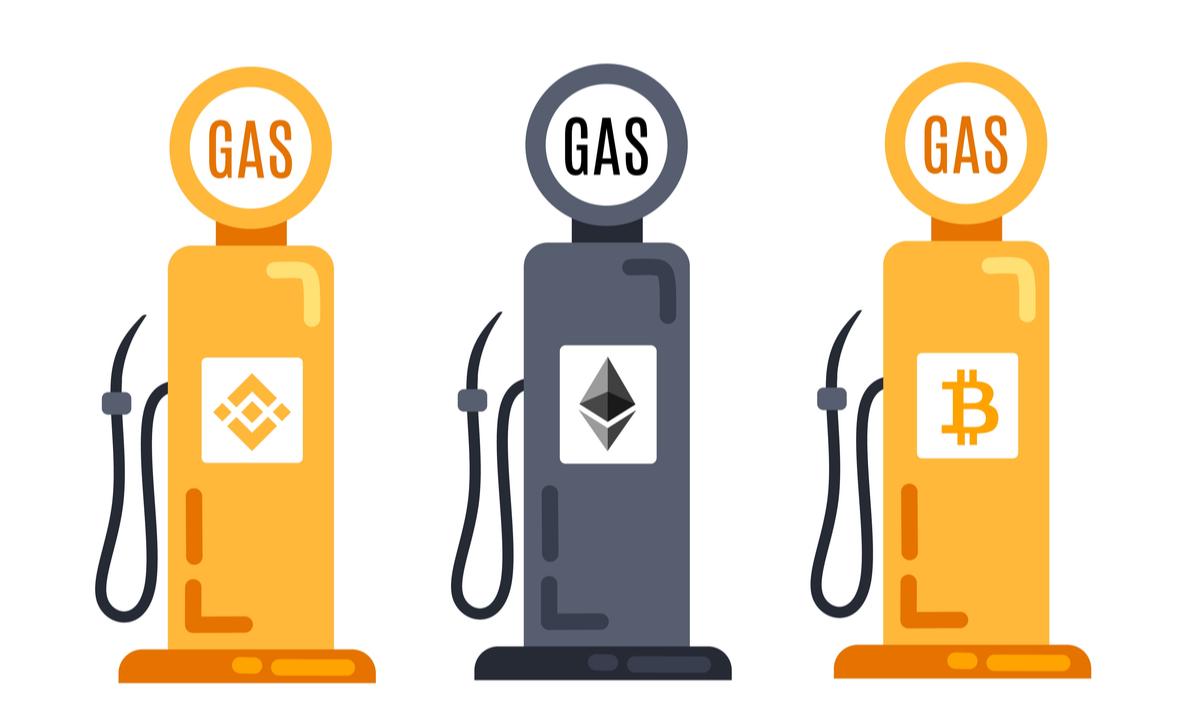The world of NFTs has taken the internet by storm. From digital art to sports collectibles, NFTs have become a popular way for artists and creators to monetize their work. However, as with any new technology, there are some costs associated with using NFTs. One of the most significant costs is gas fees. But what exactly are gas fees, and how much do they cost for NFT transactions?
Gas fees are essentially transaction fees paid by users of the Ethereum blockchain network. These fees are paid in Ether, the native cryptocurrency of the Ethereum blockchain, and are used to incentivize miners to process and validate transactions on the network. Gas fees can vary widely depending on the current demand for transactions and the complexity of the transaction being processed. In the world of NFTs, gas fees can be a significant cost for both buyers and sellers, and it’s essential to understand how they work to make informed decisions about buying and selling NFTs. In this article, we’ll take a closer look at how gas fees work for NFT transactions and explore some strategies for minimizing these costs.
Gas fees for NFTs depend on the type of transaction being made. Non-fungible tokens (NFTs) are typically sent using Ethereum’s ERC-721 standard, which usually requires more gas than sending a regular ERC-20 token. The exact amount of gas needed for an NFT transaction will vary, but typically ranges from 200,000 to 500,000 gas.

How Much Are Gas Fees for NFT?
NFTs, or non-fungible tokens, are digital items that are stored on the blockchain and are unique in their own way. They are used to represent virtual items such as art, collectibles, and digital goods. NFTs are becoming popular due to the ability to store and trade them securely.
In order to interact with an NFT, such as trading, transferring, or minting, users must pay a fee. This fee is called a “gas fee.” Gas fees are paid to miners to incentivize them to add the transaction to the blockchain.
Gas Fees for NFTs
Gas fees for NFTs vary depending on the size of the transaction and the congestion of the blockchain. Generally, gas fees for NFTs are lower than those for other forms of cryptocurrency transactions. This is because most NFT transactions are simple and can be completed with fewer resources.
The exact amount of the gas fee for an NFT transaction can be calculated using a tool such as ETH Gas Station. This tool will estimate the cost of the transaction based on the network congestion and the size of the transaction.
Factors That Determine Gas Fees
The gas fee for an NFT transaction is determined by several factors, including the size of the transaction, the network congestion, and the complexity of the transaction. The size of the transaction is determined by the amount of data that needs to be processed and stored on the blockchain. The network congestion is determined by the amount of traffic on the network and the number of miners competing to add transactions. The complexity of the transaction is determined by the type of transaction, such as transfer, trade, mint, or burn.
In general, larger transactions and more complex transactions will require higher gas fees. Additionally, transactions during times of high network congestion may require higher gas fees in order to be completed quickly.
Frequently Asked Questions
Gas fees are the costs associated with transferring non-fungible tokens (NFTs) on the Ethereum blockchain. Gas fees are necessary to pay to miners who validate transactions on the blockchain.
What are Gas Fees?
Gas fees are the costs associated with transferring non-fungible tokens (NFTs) on the Ethereum blockchain. This fee is paid directly to the miners who validate the transactions on the blockchain. Gas fees are necessary to incentivize miners to perform the computing power required to add the transactions to the blockchain. Gas fees are based on the computational complexity of the function being performed and the current network congestion.
How Much are Gas Fees for NFTs?
Gas fees for NFTs can vary depending on the current network congestion and the complexity of the transaction. Generally, gas fees for NFTs are much lower than those for other types of Ethereum transactions such as token transfers. Currently, the average gas fee for an NFT transaction is around $2. However, this rate can fluctuate depending on the network congestion.
What Factors Affect Gas Fees?
The factors that affect gas fees are the complexity of the transaction, the current network congestion, and the amount of gas being used. The complexity of the transaction is determined by the amount of computing power needed to process it. The more complex the transaction, the higher the gas fee will be. Network congestion will also affect gas fees as miners prioritize transactions with higher gas fees. Finally, the amount of gas being used can also affect gas fees as miners will prioritize transactions with higher gas fees.
Are Gas Fees Refundable?
Gas fees are not refundable as they are used to pay for the miners who validate the transactions on the blockchain. However, if a transaction fails due to an error on the part of the sender, the sender may be able to receive a refund from the recipient.
What is the Best Way to Save on Gas Fees?
The best way to save on gas fees is to use a wallet that supports fee optimization. Fee optimization allows users to select a gas fee that is appropriate for the complexity of the transaction. Additionally, users can also use a wallet with a built-in fee calculator to determine the best gas fee for their transaction. Finally, users can also look for discounts offered by certain exchanges or wallets to save on gas fees.
NFT Gas Fees Opensea | Explained for Beginners
As the world of NFTs continues to grow and evolve, the question of gas fees becomes increasingly pertinent. While the cost of gas fees for NFT transactions can vary depending on a variety of factors, it is important for buyers and sellers alike to be aware of the potential costs involved. Factors such as the size of the transaction, the current state of the Ethereum network, and the gas price set by the user all play a role in determining the final cost of gas fees.
However, despite the potential costs involved, the world of NFTs is still a highly promising and exciting space for both creators and collectors. With the ability to showcase unique and valuable digital assets, NFTs offer a new frontier for art, music, and other creative endeavors. As the industry continues to mature and new technologies emerge, it is likely that the issue of gas fees will become less of a concern. In the meantime, it is important for those involved in the NFT space to stay informed and make decisions based on a clear understanding of the costs involved.


